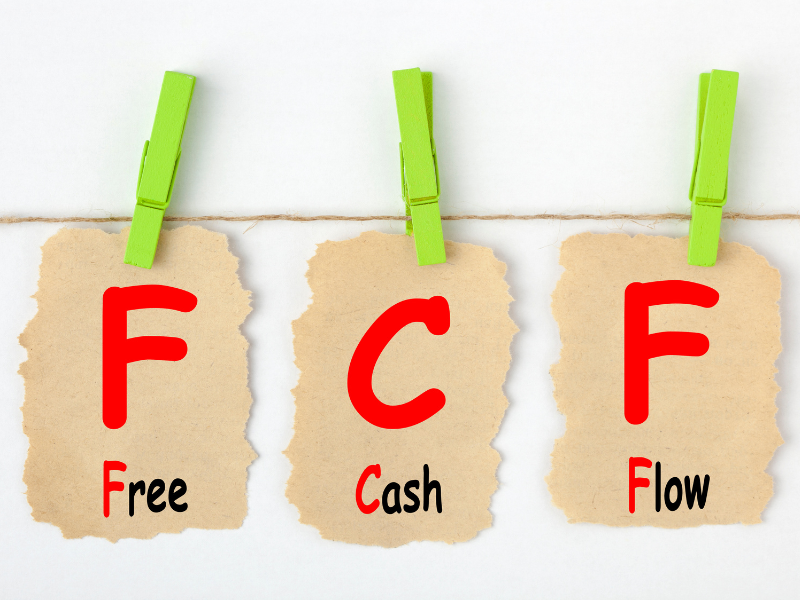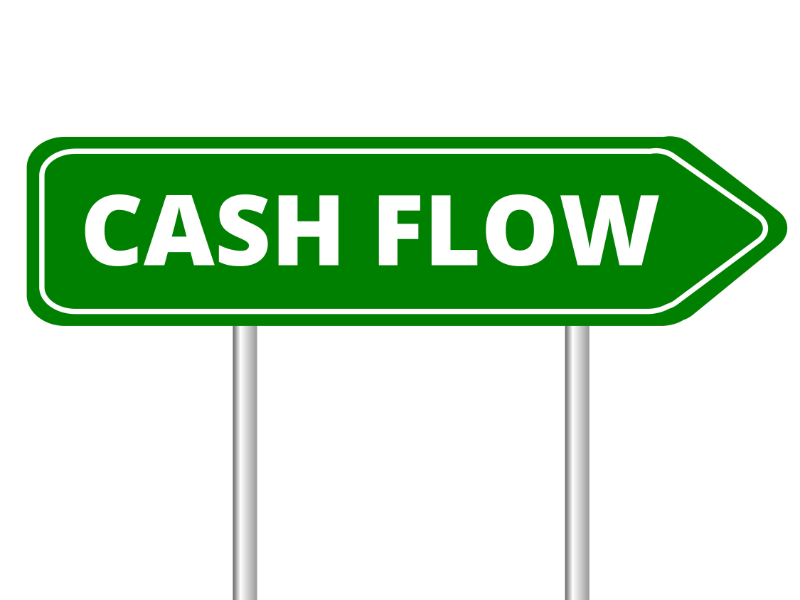Definition
Cash flow refers to the inflow and outflow of cash in a business, organization, or individual’s financial system. It is the net amount of cash being received and spent over a period of time. A positive cash flow indicates that a business or individual has more cash coming in than going out. Meanwhile, a negative cash flow is important for managing a business or personal finances, as it can help to ensure that there is enough money available to meet obligations and to invest in future growth.

Ways To Improve Cash Flow
In order to maintain financial stability and ensure future growth, it is imperative to improve cash flow. Below are some strategies that can help you achieve this:
- Streamline account payable and receivable: Promptly paying bills and collecting payments from customers can help increase cash flow. Automating accounts payable and receivable processes can also help streamline these processes and improve efficiency
Growing sales can provide a boost to cash flow by increasing the amount of money coming into the business. This can be achieve through marketing and advertising campaigns, expanding into new markets, or developing new products.
3. Reduce expenses: Cutting unnecessary expenses, such as reducing the amount of money going out.
4. Improve inventory management: By carefully managing inventory levels, businesses can reduce the amount of capital tied up in inventory and free up cash flow.
5. Offer early payment discounts: Offering discounts to customers who pay their bills early can encourage prompt payment and improve cash flow.
6. Manage debt: Reducing debt levels or restricting debt to lower interest payments can improve cash flow by freeing up cash that would otherwise go towards repayments.

What is Free Cash Flow?
Free cash flow (FCF) is a measure of a company’s financial performance that represents the amount of cash a company generates after accounting for capital expenditures. It is calculate from operations minus capital expenditures. Free cash flow is an important indicator of a company’s ability to generate cash after accounting for the costs of investing in its business, such as the purchase of new equipment or the construction of new facilities. Positive free cash flow indicates that a company is generating more cash than it is using to invest in its business, while negative free cash flow indicates the opposite.
Free cash flow is closely watch by investors, as it can indicate a company’s ability to pay dividends, buy back shares, or make acquisitions. In general, companies with strong free cash flow are considered more financially stable, as they are able to invest in growth without taking on additional debt.
Overall, free cash flow provides a useful measure of a company’s financial strength, as it indicates whether the company is generating enough cash to fund its operations, investments, and other financial obligations.

